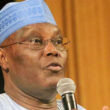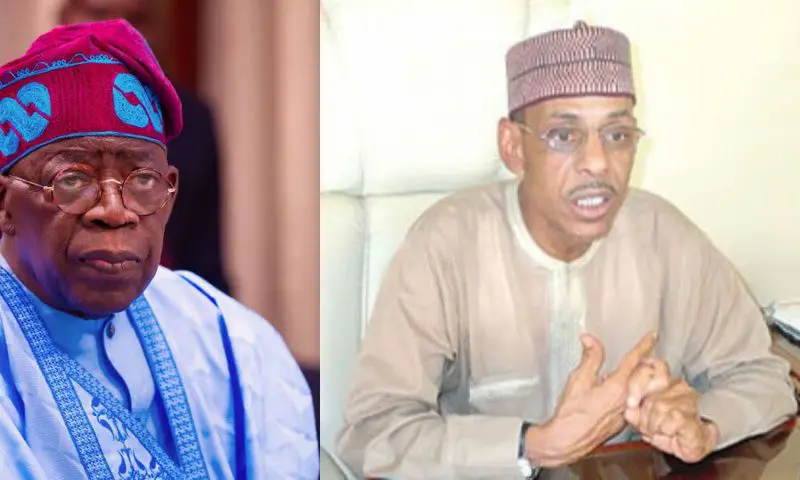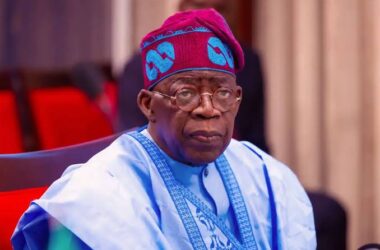Former Special Adviser on Political Matters to President Bola Ahmed Tinubu, Hakeem Baba-Ahmed, has called on the president to reconsider his 2027 political ambitions, warning that support from the northern region is fast fading due to growing frustration over insecurity, poverty, and a lack of effective governance.
In an open letter addressed directly to President Tinubu, Baba-Ahmed urged him to pave the way for a younger generation of leaders who can bring fresh perspectives and renewed hope to Nigerians. He suggested that the president should shift focus from electoral goals and instead use the remaining two years of his term to address the country’s mounting issues.
“Step aside — not for your opponents, but for a new generation of Nigerians who can carry the nation forward with fresh energy and ideas,” he wrote. “Our generation has done its time. It would be a masterstroke if you and your party yielded the field to new voices and new leadership.”
Baba-Ahmed noted that Tinubu still has time to leave a strong legacy if he focuses on leadership and reforms rather than campaigning for re-election.
“Two years is a long time, you can still achieve much,” he wrote. “But if you shift attention now to electoral ambitions, you risk losing both governance momentum and public goodwill.”
He warned that without significant changes in governance style and direction, Tinubu risks either continuing with ineffective leadership or losing the 2027 election and tarnishing his legacy.
“The north is drifting from your leadership under the weight of economic hardship, insecurity, and alienation,” Baba-Ahmed stated. “The east remains politically disengaged, while the south-south is fragmented. The south-west has been lukewarm, and its privileged position may become a burden. The north-east is deeply wounded and can no longer be taken for granted.”
He also noted that many Nigerians are unhappy with the president’s leadership style, which he described as distant and closed-off. According to him, the lack of inclusiveness and the perception of favoritism in appointments are fueling discontent across the country.
“Your closed-door style of leadership, your apparent indifference to complaints of ethnic bias in appointments, and the perception that you frequently run the country from abroad while attending to personal matters have created the image of an isolated leader heading an insular administration,” Baba-Ahmed wrote.









